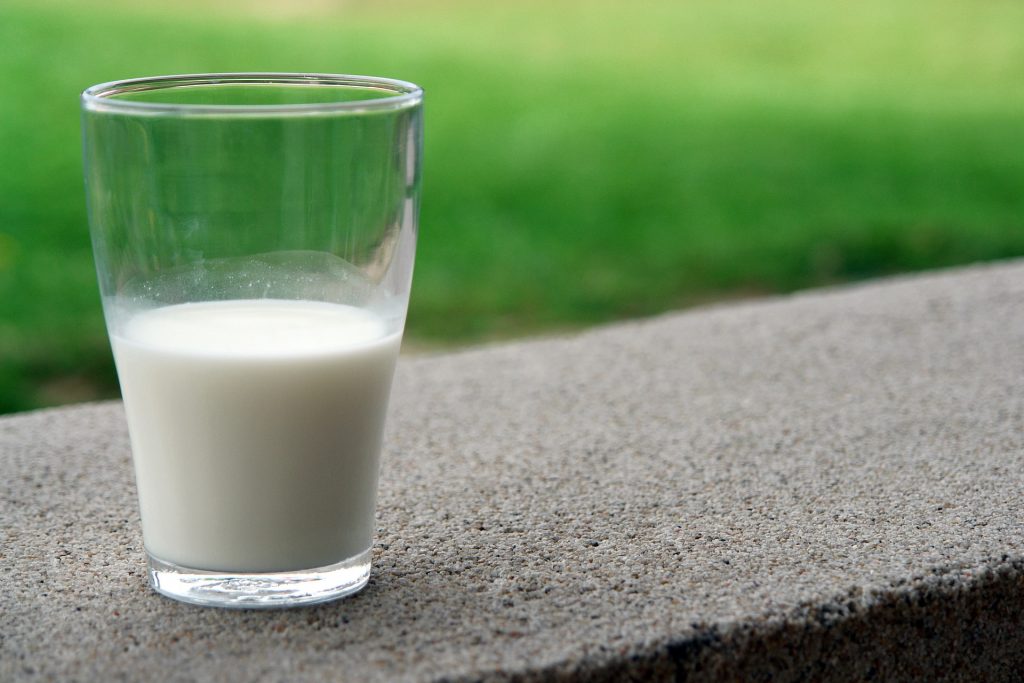 Vitamin D is not a vitamin, but actually a steroid hormone that regulates gene expression in cells. Vitamin D is associated with protection from a number of diseases including cancer. The ability of vitamin D to confer protection from cancer may relate to the ability of vitamin D to interact with nuclear DNA and to modulate both inflammation and immunity directly. Vitamin D has been of particular interest to researchers regarding its ability to reduce the risk of colorectal cancer, and mechanistically this has been investigated. It has been shown for example that adequate intakes of calcium and vitamin D in subjects are associated with a reduced risk of colorectal cancer. This protection may be particularly evident in those who consume a Western style diet as such a diet increases the risk of colorectal cancer significantly. A number of studies have investigated the effects of calcium and vitamin D supplementation on markers for colorectal cancer to try to understand the mechanisms by which this association may be driven.
Vitamin D is not a vitamin, but actually a steroid hormone that regulates gene expression in cells. Vitamin D is associated with protection from a number of diseases including cancer. The ability of vitamin D to confer protection from cancer may relate to the ability of vitamin D to interact with nuclear DNA and to modulate both inflammation and immunity directly. Vitamin D has been of particular interest to researchers regarding its ability to reduce the risk of colorectal cancer, and mechanistically this has been investigated. It has been shown for example that adequate intakes of calcium and vitamin D in subjects are associated with a reduced risk of colorectal cancer. This protection may be particularly evident in those who consume a Western style diet as such a diet increases the risk of colorectal cancer significantly. A number of studies have investigated the effects of calcium and vitamin D supplementation on markers for colorectal cancer to try to understand the mechanisms by which this association may be driven.

Vitamin D is a steroid hormone that plays an important role in the regulation of calcium. In this role is is likely that the hormone works synergistically with the mineral. An inadequate intake of either nutrient will therefore likely lead to an imbalance in calcium homeostasis and over the long term, a breakdown in health. Calcium is also needed in balance to magnesium intake and often magnesium intake is not high enough compared to calcium intake. Whilst milk is a reasonably source of calcium, it is a poor source of magnesium. Milk in the US and Canada is fortified with vitamin D but this is not the case in the UK. Maintaining the correct calcium balance is therefore more difficult that just consuming a glass of milk occasionally. Diets high in fruits, vegetables and whole grains tend to supply calcium and magnesium in balance. Vitamin D is best obtained from the sun, or via supplements when the sun exposure is not present.
For example, in one study researchers conducted cross over trial that provided a Western style diet healthy subject, and this was taken in isolation, or supplemented with 2 grams calcium carbonate per day for 4 weeks, or with 1,25(OH)2D3 (0.5 mg/d) with or without the addition of calcium carbonate for 4 weeks. The results of the study showed that the Western diet without supplementation increased the expression of a number of markers of inflammation and immune response including interferon signalling. However, calcium supplementation reversed these changes to baseline levels. Supplementation with 1,25(OH)2D3 significantly increased upregluation of genes involved in inflammation and immune response, but the addition of calcium attenuated these changes. The authors concluded that 1,25(OH)2D3 significantly upregulated adaptive immunity, but this effect is modulated by calcium. However, the it is unclear if vitamin D in its parent form would have the same effects.
Eat Well, Stay Healthy, Protect Yourself
RdB
